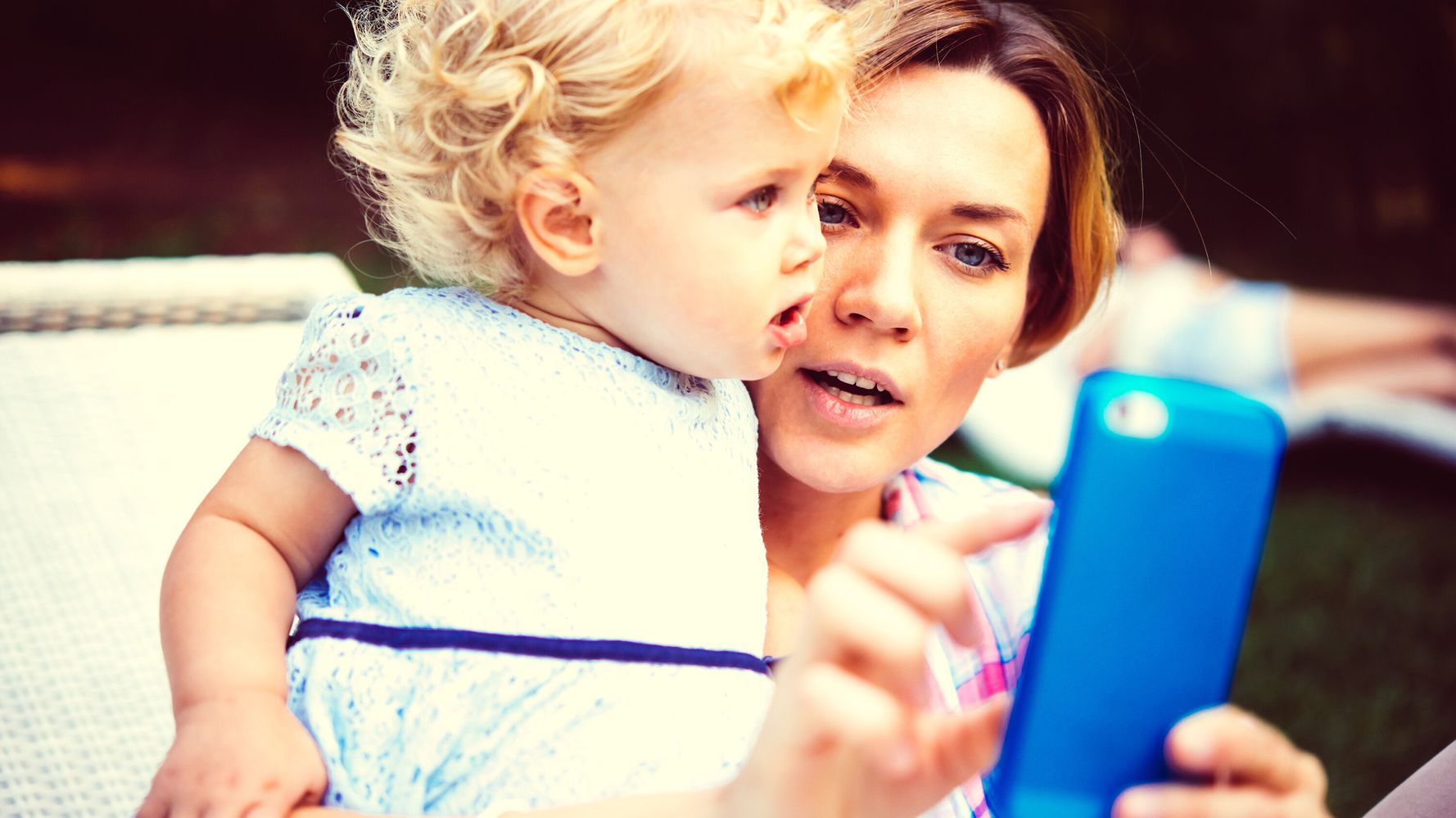
In the age of social networking, it’s completely acceptable to post adorable photos of your children online. Whether you’re using Instagram, Twitter, Facebook, or other social media platforms, it’s a quick way to share your life with the rest of your friends and family. You save time and energy with a quick upload and caption.
But before you start posting cute and hilarious photos of your kids, there are some things you should consider first. As with most things, there are benefits and consequences to posting your child’s picture on the Internet. Make sure you know what the potential concerns may be before uploading pictures of your children.
The first is privacy. The Child Rescue Coalition found 89% of parents have not checked their account’s privacy settings in over a year. The various social media platforms out there have different privacy settings, and the jargon may be dense, technical, and difficult to understand. You may have taken all the necessary precautions to create a private account, but one screenshot and repost can quickly publicize your child’s photo to the rest of the world. Identity thieves only need a name, date of birth, and address to create fake accounts or obtain credit using your child’s information.
With the recent news about data breaches and ambiguous handling of personal information from platforms such as Facebook, which also owns WhatsApp and Instagram, you never know what could happen to your photos and who you are giving access to in the long run. Though the risk may be lower than posting your child’s pictures on a public account, the chance is still there.
Revealing your location and routines can also make your child more susceptible to being tracked by potential child predators. If you post pictures of your child playing at the park near home, visiting recognizable landmarks, or going to school, online safety and scam experts highly recommend turning off any location services and geotags. Additionally, never post any information about where you live.
If you post photos of your children, never post pictures of your children in the nude. They may look so endearing in the bathtub or running around at home naked or in their underwear, but you must remember that you lose control of your children’s pictures once they are posted on social media. These photos could potentially end up in the wrong hands, especially if you use common hashtags. To eradicate any risk of possible risks of predators finding images of your nude children, only post pictures of your child wearing clothes.
Be aware of how your kids may feel about your posts. If you have older kids, they may not appreciate having their childhood and private moments publicized. You can teach them the importance of consent by modeling it yourself and asking for their permission to post pictures of them. Though many will argue that parents have the unequivocal right to post about their families, children should have the right to decide what photos of them are posted online. These pictures, once posted, are open to interpretation, and sometimes, it may not be the kind of story your children want others outside of their household to know.
Having the bigger picture in mind is crucial. Though your kids may look adorable dressed in silly costumes or doing funny things, they may not appreciate distant relatives or strangers seeing their embarrassing moments as teenagers. Having their baby photos posted online may make your children feel embarrassed and resentful when they get older because they never had a say in the decision.
So, should you delete your accounts and never post about your children as a response? Not exactly. Rather, parents need to make value-based decisions regarding children and technology. You are morally responsible for their safety and well-being, so you want to take all of the necessary precautions. If posting about your children online is a way you stay connected with family and friends, it’s completely reasonable to keep your settings private and post about your families.
Ultimately, we all need to be aware of the hidden risks that come with interacting in a digital world and make decisions that are right for you and your children.

Emily currently lives in Orange County, California after spending four years in Illinois and half a year teaching in Florence, Italy. She holds a B.A. in English Literature from Knox College and an M.A. in Counseling from the University of San Diego and has taught English to native speakers and ESL students for over three years. When she’s not working as a School Counselor or writing, she enjoys traveling the world, playing instruments, and blogging about Millennial experiences at Long Live the Twenties.
